
Why Don’t I Hear from God?
Recognizing God's communication involves spiritual insights, scripture, dreams, and signs. Emphasizes discernment, patience, and confirmation for interpreting divine messages.

Recognizing God's communication involves spiritual insights, scripture, dreams, and signs. Emphasizes discernment, patience, and confirmation for interpreting divine messages.

Explores bisexuality and pansexuality, emphasizing fluidity, personal agency, and diverse attractions within societal and religious contexts, advocating for open dialogue and understanding.
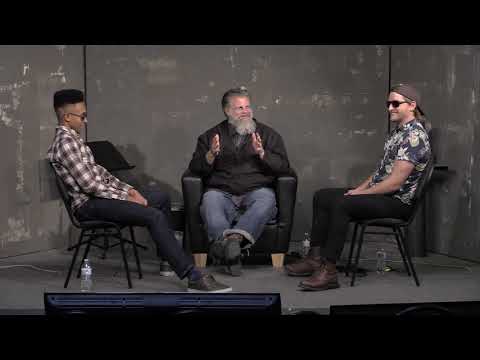
Christian teachings on self-defense and gun ownership stress ethical use, balancing faith and self-preservation. Personal faith guides decisions, not socio-political agendas.
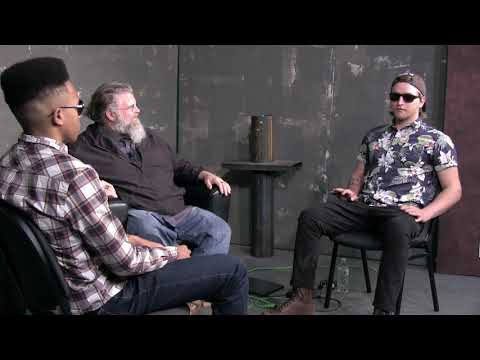
Shawn's teaching questions eternal hell, introduces annihilationism, separates hell from the lake of fire, and critiques fear-based religious control, urging love-based faith.

Jesus's sacrifice fulfills justice, no fear of judgment. Christian anarchy: Christ as sole ruler. Satan's role shifts. LDS views on Fall differ. Christianity vs. Mormonism history. Future topics: hell's nature.
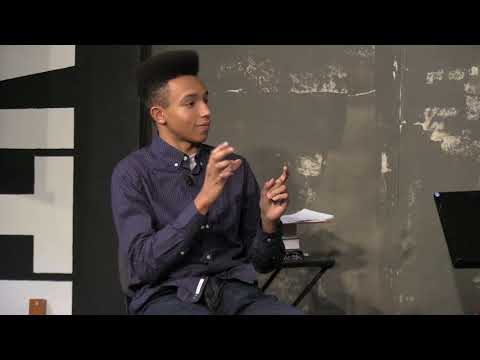
Teaching highlights Jesus as Messiah through fulfilled prophecies, historical records (Josephus, Tacitus), and transformative personal experiences, urging integration of historical context in debates.

Faith doesn't compel God to act on personal desires; Jesus' teachings on faith were for apostles' mission. Jesus' existence is accepted; debates focus on his miracles and resurrection.


The teaching emphasizes the sin of homosexuality in the Bible, advocates love and support, warns against judgment, and stresses faith in principles over flawed leaders.

Explores life's purpose via Christian views, love, gospel, creation mystery, free will vs. predetermination, personal growth, societal impact, freedom, faith, potential.

Truth is objective, not relative; spiritual truths are absolute but interpreted subjectively. Art is subjective; scientific facts evolve. Belief in God requires faith and evidence.
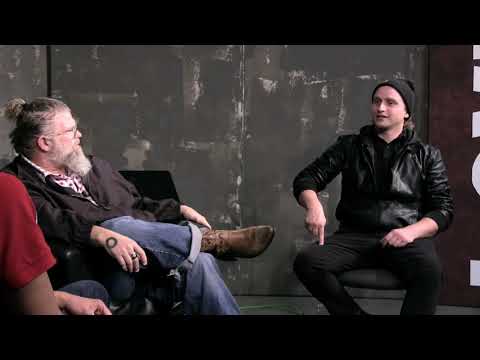
The teaching argues that evolution and Christian faith can coexist, encourages open-mindedness, and suggests integrating science into religious understanding to enrich both fields.
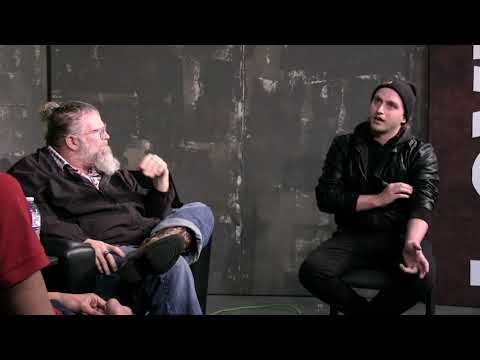
The discussion examines aliens' existence, challenging evangelical views, considering the universe's vastness, and the Fermi Paradox. It suggests extraterrestrial life doesn't conflict with Christianity.
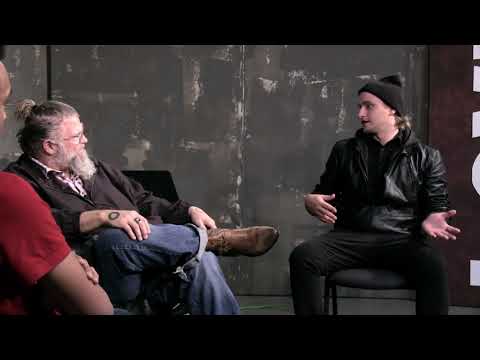
Acknowledge translation errors, cultural context; core doctrines remain authoritative. Interpret with context, spirit-led guidance. Choose Bible version by preference.

Admire talents of public figures like athletes, but avoid idol worship. Keep admiration balanced, ensuring reverence is directed to God. All are human and equal.

Explores Jesus's dual nature in the Trinity, emphasizing open dialogue, grace, and diverse theological perspectives. Encourages understanding through discernment and love.

Shawn's teaching explores Sabbath observance debates among religious groups, highlighting differing interpretations, historical shifts, and critiques of Sunday worship's motives.

Jesus's sacrifice covers all sins, requiring faith acceptance. Emphasizes love over fear, critiques traditional views, and encourages open dialogue on salvation and theology.

Shawn explores spiritual powers, good vs. evil, God vs. Satan, historical views on human nature, societal changes, and generational beliefs, concluding God's power is supreme.

Explores spiritual powers, light vs. darkness, Satan's role, human actions as evil catalysts, cultural beliefs, generational views on social issues, God's power as true.

Use unique talents for God beyond church roles, express faith authentically, impact the world, connect with audiences, align with God's will, inspire others.

Evil is disobeying God, with views on its nature and hierarchy. Teaching against faith has greater spiritual impact. Evil is absence of God. Free will allows choice.
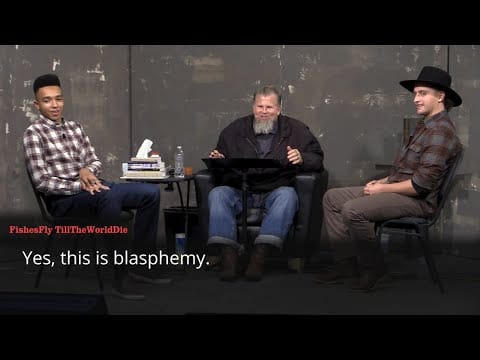
Shawn's teaching examines Christianity's view on mental health meds, advocating acceptance like other meds, urging open dialogue, deep understanding, and respectful debate.

Transgender individuals can be Christians; gender identity doesn't affect their relationship with Christ. Focus on love, respect, and empathy over political ideologies.

Healing by God glorifies Him, encourages faith, and involves spiritual growth. Medical advances are seen as divine gifts, but not all recoveries are divine. Faith tests build resilience.

God's healing shows intention, like Jesus' healings proving Messiahship. Focus on spiritual healing, not just physical. Challenges teach faith, not prosperity. Prayer invites divine intervention respecting free will.

Shawn emphasizes empathy, open dialogue, and love in Christianity, focusing on understanding societal pressures over judgment. He discusses scriptural interpretations, body image, and ethics on alcohol, advocating for moderation and grace in overcoming addiction. The teachings prioritize love and faith, transcending cultural practices, and highlight Jesus' sacrifice and the pursuit of a higher purpose.

Belief in Jesus's return shapes Christian life, emphasizing love and forgiveness. Interpretations vary, with some seeing a past return in 70 A.D., promoting hope and freedom.

Shawn discusses Jesus's imminent return, New Testament prophecy, rapture, historical context of Revelation, fall of Jerusalem, diverse Evangelical views, and environmental responsibility.

Teaching emphasizes moderation in alcohol, personal limits, accountability, kindness, and understanding in faith, challenging legalism, and promoting personal responsibility.